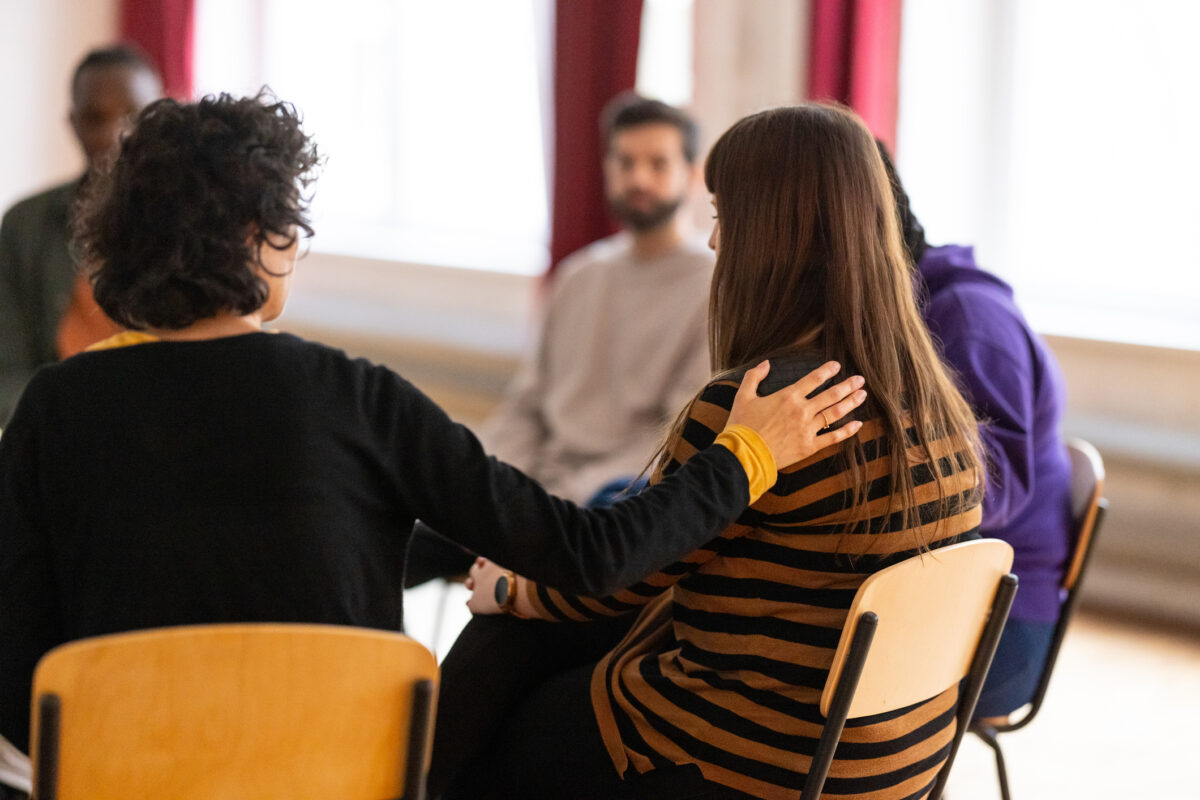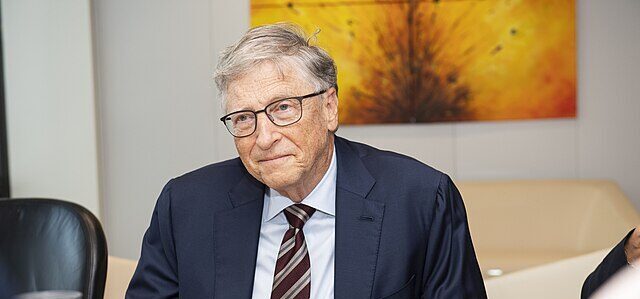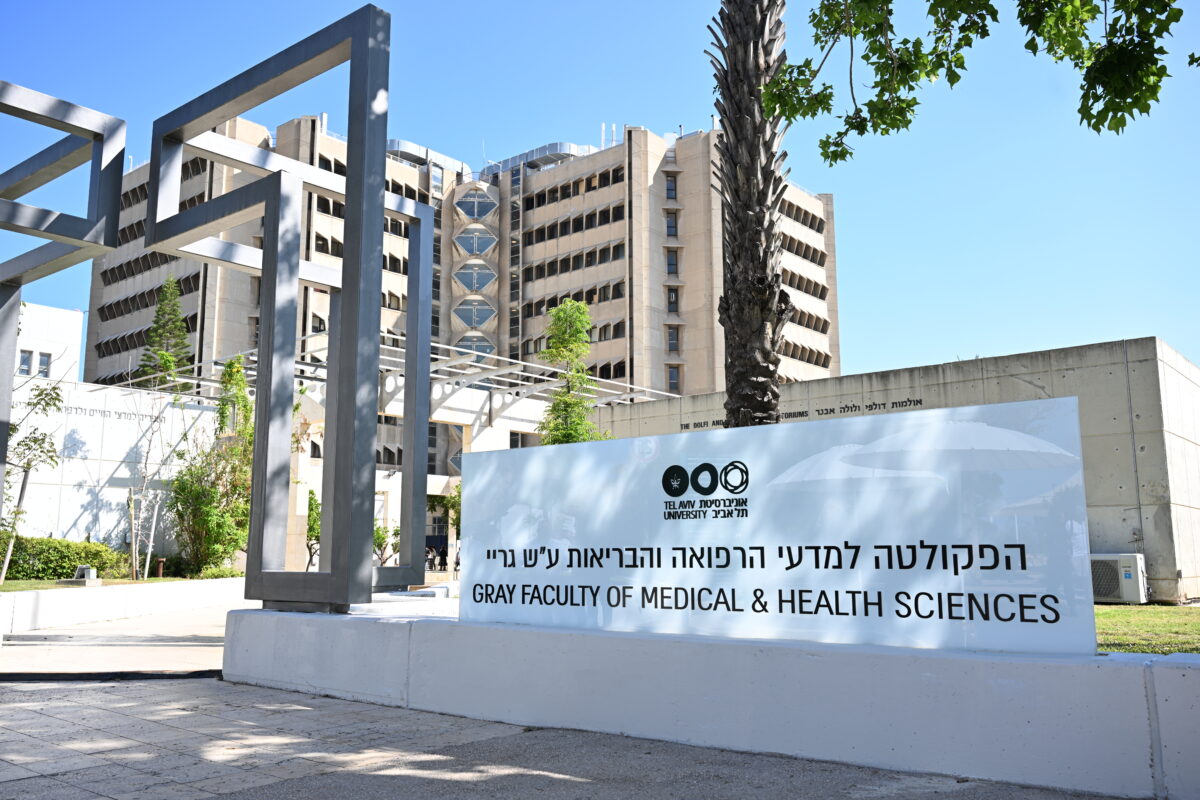For Jews in recovery from alcohol and drugs, the High Holy Days carry extra weight. Twelve-step programs, used in self-help groups and most recovery organizations, involve taking inventory of mistakes, making amends and growing closer to a higher power. All of these are also themes of the Ten Days of Repentance, which fall between Rosh Hashanah and Yom Kippur. This year, many Jewish recovery institutions are running programs that link the 12 steps to teshuvah — the Hebrew word for repentance or return.
“One of the blessings of both recovery and the holiday season is that every day we get to choose how we want to live,” Ilan Glazer, the founder of Our Jewish Recovery, told eJewishPhilanthropy. “No matter the harm we’ve done, no matter how terrible we feel about ourselves, we can create a better life for ourselves. And both recovery and the process of teshuvah allow us to do that, allows us to become better people who wouldn’t make the same mistakes again, and it’s possible for all of us to repair the harm we’ve done and to become someone who we can be happy being, and that is a beautiful thing.”
For many addicts, there is a feeling of learned helplessness, a belief that you are caught in cycles you will never escape, so why try? But 12-step programs offer hope that you can break the chains of addiction with the help of a higher power and others in recovery.
“Rosh Hashanah is… about change,” said Joshua Scroggins, who identified as “an extremely grateful member of” Beit T’Shuvah, a Los Angeles 12-step based community, during a High Holy Day drasha last year. “And what are we doing here if not to change?”
On Sept. 3, over 65 recovering alcoholics and addicts attended Our Jewish Recovery’s “Stepping into Teshuvah” pre-High Holy Day virtual retreat, its third annual, which featured sessions led by recovering addicts and rabbis including the keynote speaker, Rabbi Eliezer Diamond, a professor of Talmud and rabbinics at the Jewish Theological Seminary. That event was followed by virtual meetings held on both afternoons of Rosh Hashanah, with an additional meeting planned for the afternoon of Yom Kippur for those who use electricity on the holiday.
Glazer says being together with other recovering alcoholics and addicts on these days is powerful. In December, Glazer will mark nine years sober himself. While working as a congregation rabbi, he found that many in the Jewish community weren’t informed about recovery, so in 2019 he wrote a book, And God Created Recovery, and formed a Facebook group, which now has nearly 1,300 members.
“There are those people who say, ‘Well, you know, the Jews had it first,” he said about the 12 steps being throughout Jewish practice. “It was all there on the High Holidays,’ and I’m like, ‘Well, OK, maybe so, but we can’t take credit for everything.”
Becoming a recovery rabbi was not his original plan. “I started a Facebook group because I realized that it couldn’t just be me schlepping a book through the Jewish world. We needed community and we needed to end the isolation and learn and grow together. What I thought was going to be a small side project while I looked for my next real rabbi gig has turned into my real rabbi gig.”
Today, Our Jewish Recovery holds over 15 meetings weekly — many which are 12-step based. The nonprofit also holds two annual virtual retreats, offers individual and group coaching programs, and trains rabbis and cantors how to support recovering community members.
“The Jewish world doesn’t know much about recovery, and the recovery world doesn’t know what to do with the Jews,” Glazer said. “And we’re here to learn to grow together. We’re not here to make people more Jewish. Though, if that happens, great. But that’s not our goal. We’re here to be an advocate for recovery and to help heal the hearts and souls of everyone impacted by addiction in the Jewish world.”
While the High Holy Days can be a time to strengthen recovery, they also can be triggering for many in recovery, Rivka Nissel, the director of Jewish Community Services for the Jewish Board of Family and Children’s Services, New York City’s largest social service agency, told eJP. Yet she too recognizes that many Jewish addicts don’t feel at home in traditional 12-step meetings, which are often held in church basements and may end with the Lord’s Prayer.
To provide services to support recovering Jews, the Jewish Boardruns JACS meetings, which stands for Jewish Alcoholics, Chemically Dependent Persons and Significant Others, an alternative self-help program founded in 1979 by the what was then known as the New York Federation of Jewish Philanthropies (today’s UJA-Federation of New York), which is based around the 12 steps but is led by Jews in recovery. They hold over a dozen virtual meetings weekly — every day but Shabbat — with themed meetings for artists, for those who have suffered sexual abuse and for family members of recovering addicts.
Along with its routine recovery services, provided to both individuals and their families, the Jewish Board also runs special programing based around the Hebrew calendar, recognizing when recovering Jews need that extra bit of support, including on the major holidays. They use programming prior to Rosh Hashanah as a way to “jump-start the year,” Nissel said.
In the month leading up to the High Holy Days, its social media feeds and newsletters feature “Teshuvah Tuesdays” with inspirational lessons based around themes of the season. An example of a recent post discussed the similarities between group therapy and praying with a minyan, a group of 10 Jews. Both show the importance of community and working together.
On Aug. 27, the Jewish Board held its annual Spiritual Day at the East Midwood Jewish Center in Brooklyn, attended by 40 people, with several meetings led by rabbis and recovering Jews including one based around shifting and shaking up the new year.
“What’s beautiful is that it attracts Jews from every walk of life,” Nissel said. “So you will have Jews with long payos, women who are wearing double head coverings and then you will have unaffiliated Jews and everybody in between. The level of welcoming and warmth is beyond words.”
The correlation between the 12 steps and teshuvah was much of the reason Beit T’Shuvah, which is both a Los Angeles treatment center and a congregation, was created, Adam Siegel, who serves as director of spiritual care and programming for both, told eJP.
The concept of repentance/return is not just the theme of the High Holy Days. It’s the center’s and congregation’s focus the entire year. Every week, members of the community meet for a “teshuvah group,” where they view “teshuvah as spiritual solution rather than teshuvah as punishment,” Siegel wrote via email. “Issues addressed can range from interpersonal conflicts with other community members, lack of participation in recovery practices, failing to show up to appointments, not calling one’s mom back, relapse.”
Weekly Shabbat services throughout the year also include a designated time where attendees can make a public statement on teshuvah, which he said can either be an amends or them just wanting to express gratitude for the community.
Special emphasis is given leading into the High Holy Days when residents of their program do a written inventory of transgressions, which they share with spiritual and senior clinical staff.
“Nothing that is disclosed will result in a punishment,” he said. “[For example,] disclosure of a relapse will not result in a discharge from our program. Though depending on what a resident shares, they will then work with their assigned spiritual counselor, chaplain, rabbi, cantor, rabbinic student, to determine what the corresponding actions of teshuvah should be. Primarily, this is an activity that allows the residents to experience the freedom found by standing in truth and being released from the burden of secrets and shame.”
Beit T’Shuvah holds High Holy Days services where attendees give drashot connecting their recovery and themes from the holidays. Volunteers help lead services, which offers them the opportunity to give back.
In his drasha last year at Beit T’Shuvah, Joshua Scroggins seemed to put his finger on the theme of the Days of Awe. “I think a promise of hope for us as addicts and as humans, he said, “ is that our past does not have to reflect our future.”
Credit:Source link



